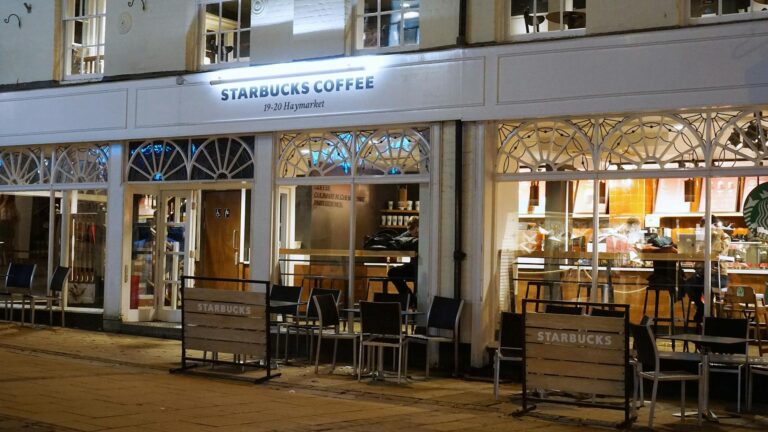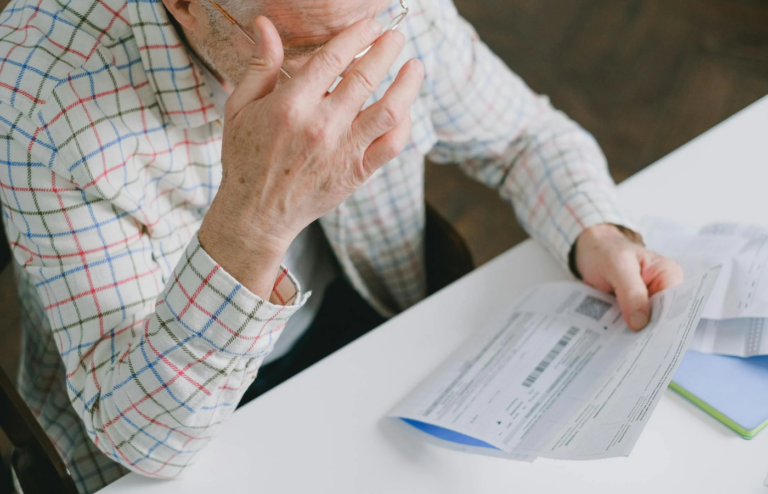If you’ve been feeling a little uneasy about the economy lately, you’re not alone. More and more Americans are starting to worry about a possible recession, and big companies like Delta Air Lines and Walmart are noticing some major shifts in how people are spending their money.
With rising prices, new tariffs, and inflation continuing to be a pain, consumers are making changes—some subtle, some drastic.
Big Companies Are Sounding the Alarm
When giant companies start talking about consumer spending habits, you know something’s up. Delta recently pointed out that they’re seeing a slowdown in flight bookings, which is usually a sign that people are cutting back on travel—one of the first luxuries to go when money feels tight.
Walmart, on the other hand, has noticed that shoppers are making more cost-conscious choices, leaning into basics rather than splurging on extras.
Translation? People are being more careful with their money, which typically signals some level of financial anxiety. Even Costco and Macy’s have mentioned that consumers seem to be second-guessing purchases that aren’t essential.
Tariffs & Inflation Are Making Things Worse
Inflation has already been making life more expensive, and now, new tariffs on imports from China, Mexico, and Canada are adding even more pressure. The cost of everything from groceries to electronics is creeping up, and people are noticing.
According to the University of Michigan’s consumer sentiment index, confidence in the economy has dropped drastically just in the last month—and an even more shocking 27.1% over the past year. That’s a huge shift, and it shows that people across the board—whether Republican or Democrat—are feeling uneasy about where the economy is headed.
Cutbacks Are Happening Across All Income Levels
It’s not just lower-income households that are feeling the squeeze. Higher-income consumers are also starting to adjust their spending habits.
Shoppers are opting for smaller package sizes, hunting for cheaper grocery options, and saying no thanks to luxury splurges that they might have bought without hesitation a year ago. People who used to think nothing of buying the latest tech or designer goods are now looking for discounts or simply skipping those purchases altogether.
At the same time, banks are seeing cracks forming in consumer finances. More people are falling behind on student loans, FHA mortgages, and credit card payments—clear signs that inflation and higher costs are stretching budgets to the max. Even though overall credit remains strong, lenders are keeping a close eye on how much financial stress consumers can actually handle.
Is a Recession on the Way?
So, does all of this mean we’re headed straight for a recession?
Not necessarily. Economists say that while the economy may slow down, we’re not guaranteed to hit a full-blown recession. Growth is expected to weaken, but household finances are still in decent shape for now. However, if inflation keeps climbing and tariffs continue to push up prices, the risk of a recession will only get higher.
For now, the best thing consumers can do is pay close attention to their budgets, avoid unnecessary debt, and keep an eye on economic trends. While it’s too soon to say if a recession is definitely coming, one thing is clear—Americans are feeling the pressure, and it’s showing in how they’re spending (or not spending) their money.






